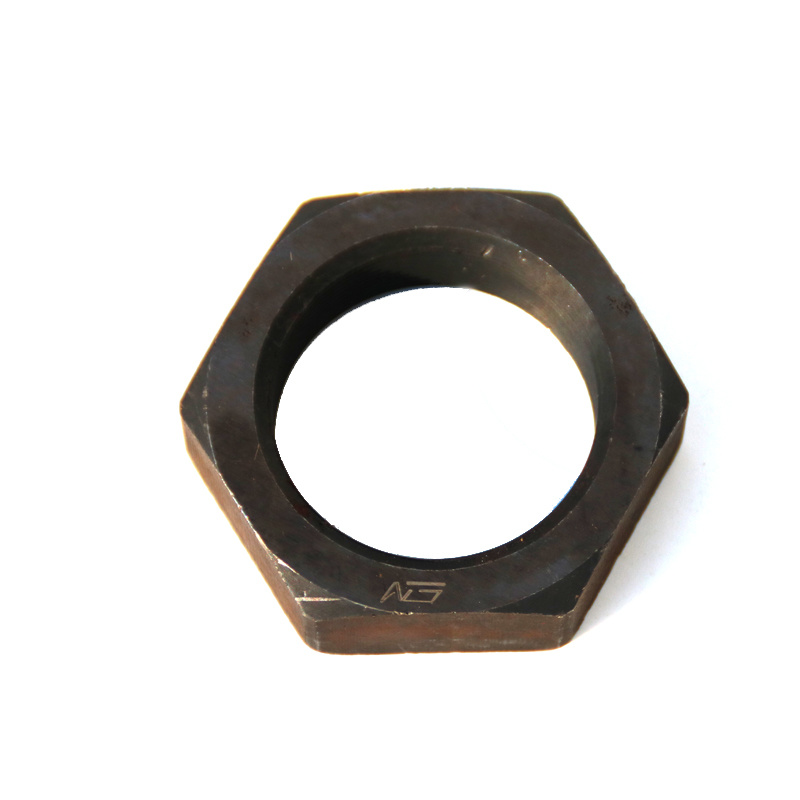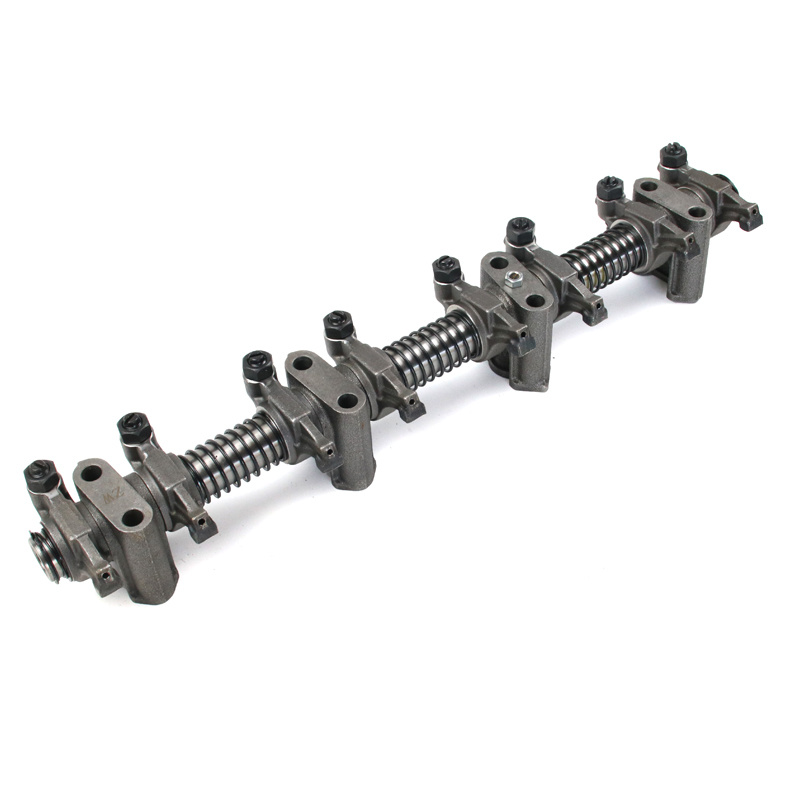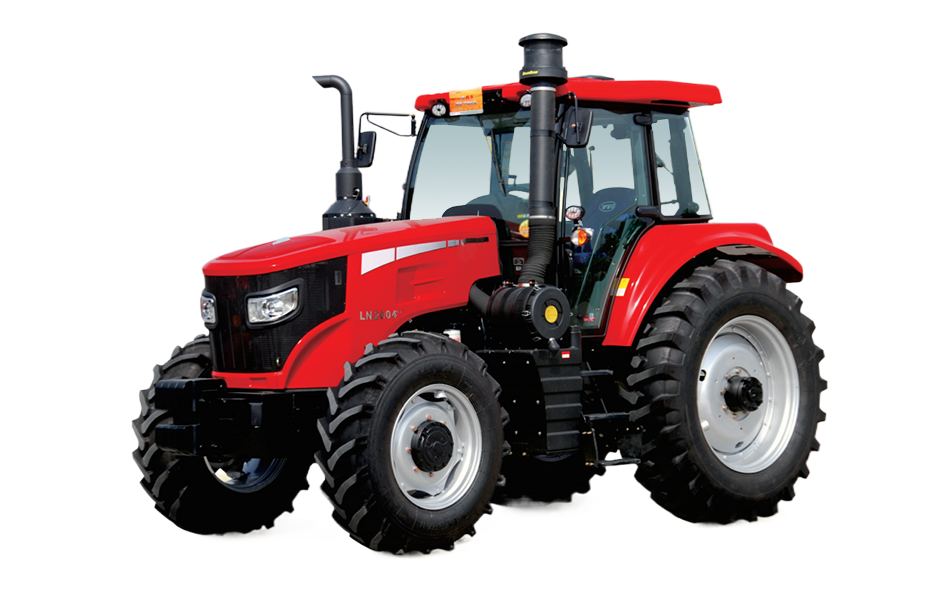Choosing the Best Wheel Tractor for Your Agricultural Needs
Release time:
2025-03-30
When it comes to modern agriculture, selecting the best wheel tractor can significantly influence your farming efficiency, productivity, and overall success. Wheel tractors are essential pieces of equipment that provide the necessary power for a wide range of tasks, from tilling and plowing to hauling and planting. Understanding what makes a wheel tractor the best fit for your needs can help optimize your agricultural operations.
One of the primary factors to consider when evaluating the best wheel tractor is its horsepower. Horsepower is crucial as it determines the tractor's ability to perform various tasks efficiently. For small to medium-sized farms, a tractor with 40 to 100 horsepower may be sufficient, while larger operations may require tractors with 100 horsepower or more. Choosing the right horsepower ensures that the tractor can handle the implements and workload you demand of it.
Another vital aspect to consider is the transmission type. The best wheel tractor for your farming needs will often depend on the transmission system. Common options include manual, automatic, and hydrostatic transmissions. Manual transmissions offer more control and are often preferred for heavy-duty tasks, while automatic and hydrostatic transmissions provide ease of use and are ideal for less experienced operators.
Additionally, consider the versatility of the tractor. The best wheel tractors come equipped with a three-point hitch that allows for various attachments, such as plows, seeders, and mowers. This adaptability means that one tractor can handle multiple tasks throughout the farming season, ultimately saving you time and money.
Comfort and ergonomics are also important when choosing a wheel tractor. Farmers often spend long hours operating tractors, and a comfortable seat, intuitive controls, and good visibility can significantly enhance the user experience. Models with climate control and noise reduction features can further improve comfort during extended work periods.
Fuel efficiency is another critical consideration. The best wheel tractor should balance power with fuel economy, ensuring that you can operate effectively without incurring excessive operational costs. Look for models with advanced engine technologies that optimize fuel consumption while still delivering the performance you need.
Finally, evaluate the availability of parts and service support for the tractor models you are considering. Having easy access to replacement parts and reliable service can minimize downtime and ensure that your equipment continues to operate smoothly.
In conclusion, selecting the best wheel tractor involves careful consideration of horsepower, transmission type, versatility, comfort, fuel efficiency, and service support. By taking the time to assess these factors in relation to your specific agricultural needs, you can make a well-informed decision that enhances your farming operations.
One of the primary factors to consider when evaluating the best wheel tractor is its horsepower. Horsepower is crucial as it determines the tractor's ability to perform various tasks efficiently. For small to medium-sized farms, a tractor with 40 to 100 horsepower may be sufficient, while larger operations may require tractors with 100 horsepower or more. Choosing the right horsepower ensures that the tractor can handle the implements and workload you demand of it.
Another vital aspect to consider is the transmission type. The best wheel tractor for your farming needs will often depend on the transmission system. Common options include manual, automatic, and hydrostatic transmissions. Manual transmissions offer more control and are often preferred for heavy-duty tasks, while automatic and hydrostatic transmissions provide ease of use and are ideal for less experienced operators.
Additionally, consider the versatility of the tractor. The best wheel tractors come equipped with a three-point hitch that allows for various attachments, such as plows, seeders, and mowers. This adaptability means that one tractor can handle multiple tasks throughout the farming season, ultimately saving you time and money.
Comfort and ergonomics are also important when choosing a wheel tractor. Farmers often spend long hours operating tractors, and a comfortable seat, intuitive controls, and good visibility can significantly enhance the user experience. Models with climate control and noise reduction features can further improve comfort during extended work periods.
Fuel efficiency is another critical consideration. The best wheel tractor should balance power with fuel economy, ensuring that you can operate effectively without incurring excessive operational costs. Look for models with advanced engine technologies that optimize fuel consumption while still delivering the performance you need.
Finally, evaluate the availability of parts and service support for the tractor models you are considering. Having easy access to replacement parts and reliable service can minimize downtime and ensure that your equipment continues to operate smoothly.
In conclusion, selecting the best wheel tractor involves careful consideration of horsepower, transmission type, versatility, comfort, fuel efficiency, and service support. By taking the time to assess these factors in relation to your specific agricultural needs, you can make a well-informed decision that enhances your farming operations.









